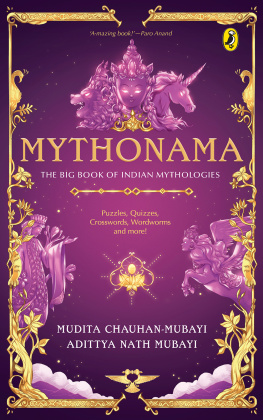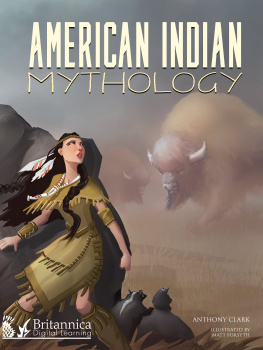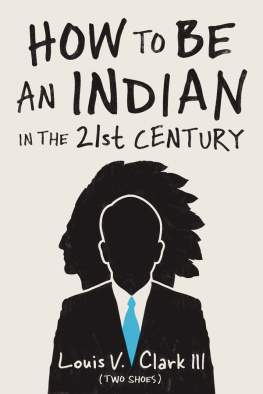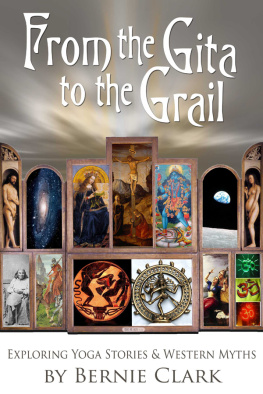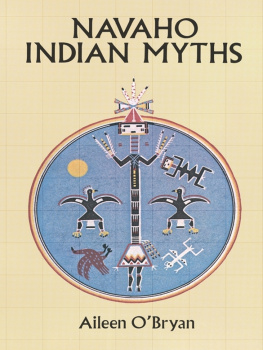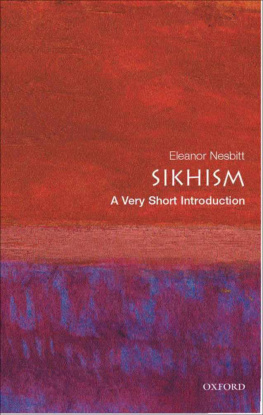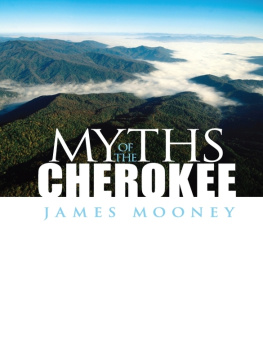
This edition is published by BORODINO BOOKS www.pp-publishing.com
To join our mailing list for new titles or for issues with our books borodinobooks@gmail.com
Or on Facebook
Text originally published in 1954 under the same title.
Borodino Books 2018, all rights reserved. No part of this publication may be reproduced, stored in a retrieval system or transmitted by any means, electrical, mechanical or otherwise without the written permission of the copyright holder.
Publishers Note
Although in most cases we have retained the Authors original spelling and grammar to authentically reproduce the work of the Author and the original intent of such material, some additional notes and clarifications have been added for the modern readers benefit.
We have also made every effort to include all maps and illustrations of the original edition the limitations of formatting do not allow of including larger maps, we will upload as many of these maps as possible.
POMO INDIAN MYTHS
And Some of Their Sacred Meanings
Collected by CORA CLARK and her Sister,
TEXA BOWEN WILLIAMS
TABLE OF CONTENTS
Contents
TABLE OF CONTENTS
FOREWORD
BY the civilized people of Europe we Indians were called primitive people of North and South America. The red races of both Americas had a rich heritage of legendary lore. All tribes of Indians had rich and meaningful stories, from the birth of man on this continent to this day.
I saw, heard, participated in and learned the ancient ceremonies, songs, dances, games, legends, and laws of my people long before I attended the white mans schools.
By observing natures teachings down through the ages, we wove our stories around Mother Nature and the animal kingdom. The authors of the following work have kept the stories of the Pomo Indians pure in every way. To my knowledge no other writers have ever done this. Rather they idealize the legends to such an extent that they lose their meaning and purpose.
Knowing these stories as I do, I cannot praise the authors too highly, for they have given you in this book stories that are truly Indian legends in their purest form.
CHIEF EAGLEWING
KAROK TRIBE
A member of a branch of the Pomo Indian tribes, Eaglewing lives near the border where northern California and Oregon meet.
ACKNOWLEDGMENTS
Narratives related by the following Pomo Indians:
Harris Holmes, Kiou or Yomta (chief) of the secret religious Kuksu cult at The Big Valley Village.
Mateo, uncle of Harris Holmes, and chief of the Mashelkel village at Sulphur Bank. Chief Mateo is a very old man.
Modun, head chief presiding over all of the Pomo groups, resident of Kabel near Upper Lake (an arm of Clear Lake, which is 30 miles long and 10 mi. wide.)
Katana, doctor and chief of the Yokiah tribe of the village about two miles north of Ukiah, Cal.
Elwah Tupi, Kiou of the Kuksu cult and tribal chief of the village near Middletown (at the lower or southern end of Clear Lake).
Some white residents of the Clear Lake region who are students of the Pomo Indians around the Lake:
Mrs. Evaline Jordan, Pomo Games.
Mrs. Clarence Beck, Pomo Language.
Lydia Maria Lathrop, M.G. Vallejo, Defender of the Frontier of California in the University of California Library.
INTRODUCTION
THE kinship of the Pomo stories with those of ancient races is much more definite than one would expect it to be after being so far removed in time and space from its ancestral source. But the life of a tale well-told is of all things the most enduring! Civilizations with mighty temples and palaces builded by powerful rulers spring up, endure for a while, and crumble into decay; but the work which men fashion of a mouthful of air defies the centuries and keeps its form, its quivering substance, its life and meaning; altering its form, maybe, becoming colored by its surroundings as a flower fits itself to the soil and climate, but with its essence unchanging.
In all theology there is an indefiniteness and an uncertainty that lends fascination. Tantalizing theories constantly present themselves, theories which the student of folklore may follow through many a tangled maze as one follows a will-o-the wisp over a marshland without ever coming up to it. Very little can be caught and pinned down and tagged as fact, as can be done in the more exact sciences.
Pomo religion has its roots embedded in the earliest religious faiths known to mankind, faiths which have been passed down by another route to us of today, and have become incorporated in Christianity.
One extremely interesting feature of Pomo folklore is that the Pomos have preserved intact many of the ancient, original myths complete; whereas only the fragments of such myths have been discovered elsewhere.
With no written language by which to record the history of their yesteryears, no complete and accurate account of their past has been preserved. But they have clung tenaciously to their religious life and to its beliefs and customs. In this field they are rich in memories.
From what land, from what people and from what age the Pomos developed, or maybe borrowed, their religious myths, are questions that may never be answered satisfactorily. When we are told that Kubla Khan a stately pleasure dome decreed,
Where Alph the sacred river ran
Through caverns measureless to man
Down to a sunless sea,
we may enjoy the story and admire the telling without feeling obliged to trace the exact location of the river. But all of us have natural, humanperhaps one should say divinecuriosity. The human mind with its divine curiosity likes to speculate on hidden meanings. These Pomos have a way with them of exciting, of stirring to its depths this human inclination to probe meanings. For right in Pomo land, so the Pomos say, is this same dark, cavernous river that the spirit of man must cross when he goes into the Great Hereafter. Across this chasm is a narrow threadlike bridge which the new spirit must cross, so say the Pomos, the ancient Celts and the Persians. This and other stories innumerable which are today current among the Pomos reach back for thousands of years into a past so remote one can hardly conceive of it.
So, one can only theorize as to where, when and how the Pomos come to have among their tales, a Garden of Eden story, and a flood story equal in importance and destruction to our own Hebrew flood story. Since they tell many of the same stories with which we are familiar and which are found among other races, there must have been at an ancient date some sort of contact. It was probably before the dawn of history. The Pomos frequently refer to certain events as having occurred across the ocean before we came into California. They seem to have a definite memory of the land of their ancestry. They say they came from a land called Elam or Ulam, a word which means spider; that the land was so called because of a net-work of canals like a spiders web which intersected the land; that the land lay eastward across the ocean.
There is one thing as certain as life, their myths have meaning and are not just idle tales. But they are so like tales of other countries, one can scarcely deny their common origin, an origin of which the world is yet ignorant, both as to race and the home of that race. Concerning the parent stock from which the Greeks inherited their mythology Lord Francis Bacon says:




